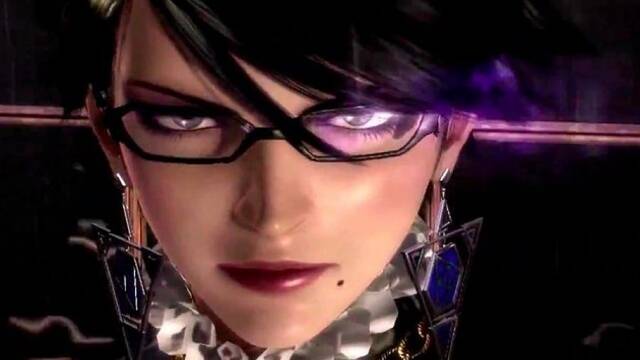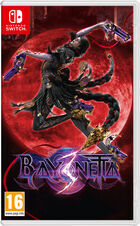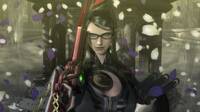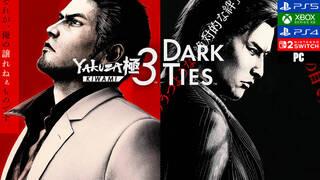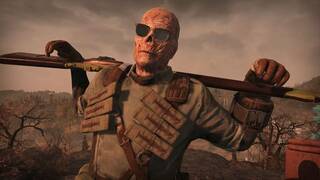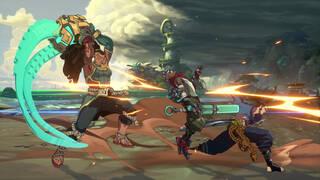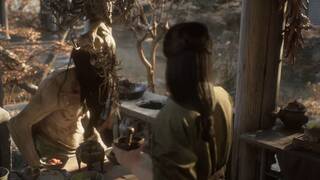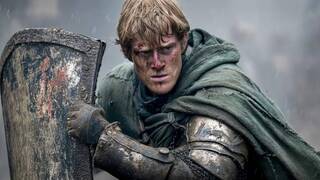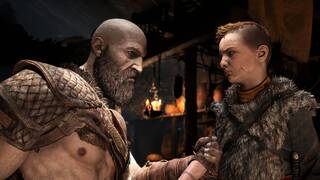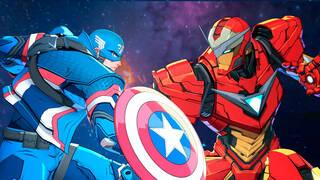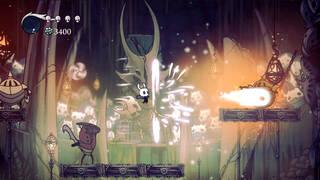Hideki Kamiya, creador y director de Bayonetta, ha explicado en una serie de mensajes de Twitter la propiedad de la licencia Bayonetta en sus tres juegos -dos lanzados y otro en desarrollo-, y la razón de ver Bayonetta 2 y 3 exclusivos en sistemas de Nintendo.
Kamiya revela que para el primer Bayonetta firmaron un acuerdo con Sega y recibieron la financiación. Los derechos del juego pertenecen a Sega y en aquel momento la compañía era reciente, no estaba preparada para un desarrollo multiplataforma.
Por esa razón decidieron desarrollar el juego en Xbox 360, pero Sega decidiría adaptarlo también a PlayStation 3. Más recientemente lo llevaron a Steam. Las tres versiones pertenecen a Sega.
Empezaron a crear Bayonetta 2 con financiación de Sega para varias plataformas, pero fue detenido por circunstancias que no son explicadas -probablemente un éxito reducido del primero-. Nintendo entonces financió el proyecto, y los derechos pertenecen a Sega y Nintendo.
Nintendo también financió la adaptación del primer Bayonetta a Wii U, y permitió que las voces japonesas de esta versión se utilizasen en la de PC. Kamiya agradece a Nintendo la financiación de la secuela y a Sega por permitir que utilizasen la licencia.
Bayonetta 3
El caso de Bayonetta 3 es similar al segundo, aunque en este caso desde un principio se supo que sería para una consola de Nintendo. Sin su colaboración no habría visto la luz verde. Los derechos, de nuevo, son de Sega y Nintendo.
"El desarrollo de juegos es un negocio. Cada compañía tiene sus circunstancias y estrategias. A veces significa que se hacen juegos, otras veces se cancelan. Pero creo que cada persona implicada está centrada en ofrecer la mejor experiencia posible. Sé que, al menos yo, esa es una de las grandes metas cuando me pongo a trabajar".
A continuación podéis ver los mensajes de Twitter.
I've got something I want to tell you all. It's about Bayonetta 3. (1/15)— 神谷英樹 Hideki Kamiya (@PG_kamiya) 13 de febrero de 2018
We are a developer that creates games by signing contracts with publishers and receiving funds from them in order to cover development costs. (2/15)— 神谷英樹 Hideki Kamiya (@PG_kamiya) 13 de febrero de 2018
For Bayonetta 1, we signed a contract with Sega and received funds from them, then we proposed a design for the game and entered production. All of the rights belong to Sega. (3/15)— 神谷英樹 Hideki Kamiya (@PG_kamiya) 13 de febrero de 2018
At the time, our company had only just been established, and we weren't properly equipped for multiplatform development, so after discussing with Sega, we decided to develop the game exclusively for Xbox 360. (4/15)— 神谷英樹 Hideki Kamiya (@PG_kamiya) 13 de febrero de 2018
However, after that, one of Sega's trading partners ended up making a port for PS3, at Sega's behest. More recently, they also decided that a Steam version should be developed, which was released last year. Sega owns the rights to all of these versions. (5/15)— 神谷英樹 Hideki Kamiya (@PG_kamiya) 13 de febrero de 2018
When we started making Bayonetta 2, we initially received funds from Sega to develop the game for multiple platforms, but the project was halted due to circumstances at Sega. Nintendo then stepped in to continue funding the game, allowing us to finish it. (6/15)— 神谷英樹 Hideki Kamiya (@PG_kamiya) 13 de febrero de 2018
As such, the rights belong to Sega and Nintendo. The rights owners decided the game should be made for Wii U. (7/15)— 神谷英樹 Hideki Kamiya (@PG_kamiya) 13 de febrero de 2018
Nintendo was also kind enough to fund a port of Bayo 1 for Wii U, and they even allowed us to use the Japanese voice track we created for the Wii U version in the PC version of Bayo 1 as well. (8/15)— 神谷英樹 Hideki Kamiya (@PG_kamiya) 13 de febrero de 2018
I am extremely thankful to Nintendo for funding the game, and to Sega for allowing them to use the Bayonetta IP. (9/15)— 神谷英樹 Hideki Kamiya (@PG_kamiya) 13 de febrero de 2018
As for Bayonetta 3, it was decided from the start that the game was going to be developed using Nintendo's funding. Without their help, we would not have been able to kick off this project. (10/15)— 神谷英樹 Hideki Kamiya (@PG_kamiya) 13 de febrero de 2018
All of the rights still belong to Sega and Nintendo. The rights owners decided that the game should be made for Switch. (11/15)— 神谷英樹 Hideki Kamiya (@PG_kamiya) 13 de febrero de 2018
Game development is a business. Each company has its own circumstances and strategies. Sometimes this means games get made, sometimes it means they get cancelled. (12/15)— 神谷英樹 Hideki Kamiya (@PG_kamiya) 13 de febrero de 2018
But I believe that every single person involved is dedicated to delivering the best possible experience. I know that, to me at least, that's one of the biggest goals when I set to work. (13/15)— 神谷英樹 Hideki Kamiya (@PG_kamiya) 13 de febrero de 2018
I cannot express how happy I am that we get to make Bayonetta 3, and we intend to do everything within our power to make it as good as it can be. That's all we can do, and we consider it our greatest mission. (14/15)— 神谷英樹 Hideki Kamiya (@PG_kamiya) 13 de febrero de 2018
It took a while for production of Bayonetta 3 to be okayed, but now that it has kicked off, I hope it will turn into a wonderful encounter for all of you. (15/15)— 神谷英樹 Hideki Kamiya (@PG_kamiya) 13 de febrero de 2018
Vandal ofrece noticias de videojuegos los siete días de la semana, cubriendo la actualidad del sector. En estas páginas encontrarás noticias sobre nuevos anuncios de juegos, fechas de lanzamiento, tráilers y otros detalles, así como información sobre la industria del videojuego y la vibrante cultura que se está creando en torno al ocio interactivo. ¡No olvides decirnos lo que te parece este artículo o darnos tu opinión sobre el tema participando en los comentarios!
